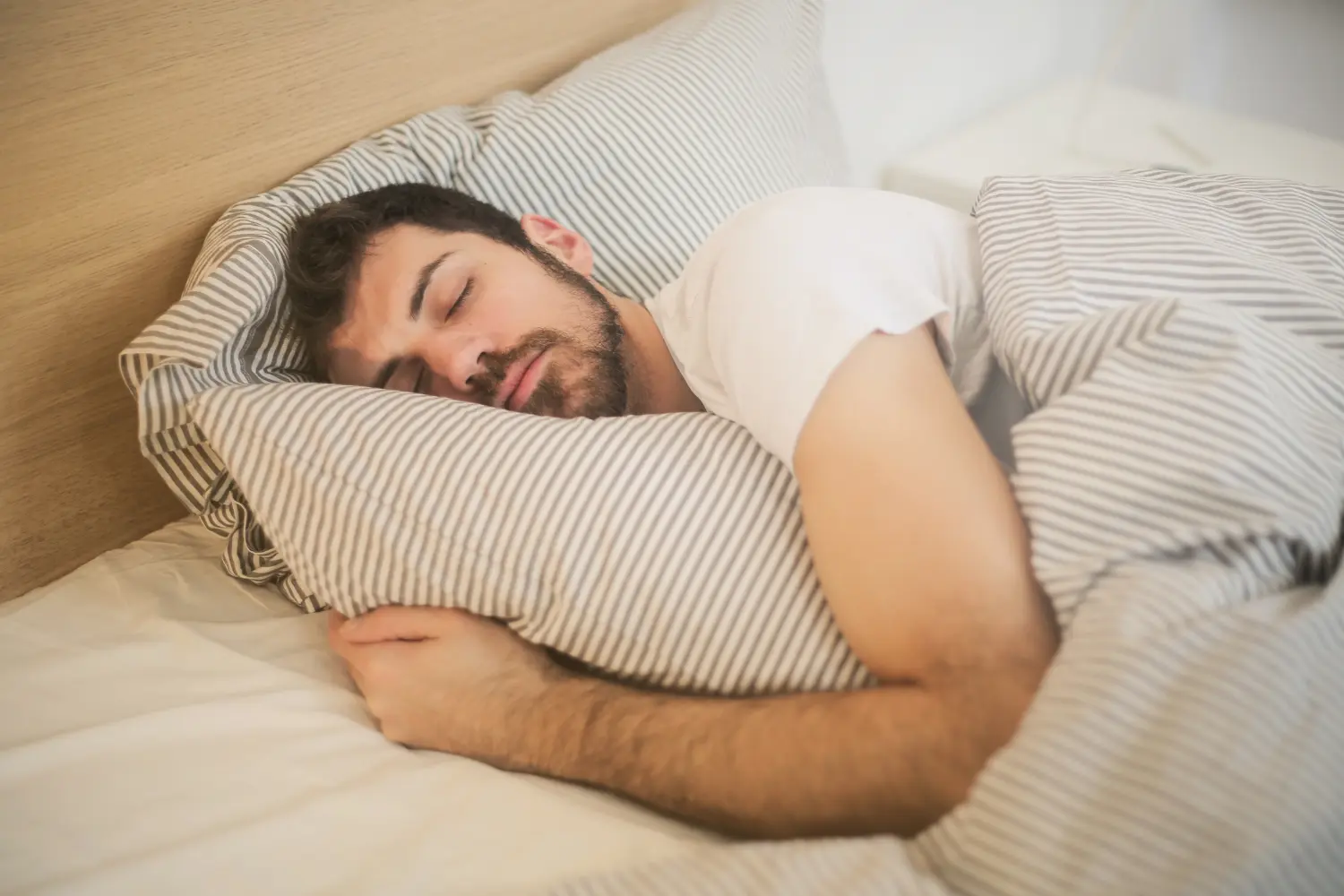Do you feel depressed in the winter, even though you're fine during all the other seasons? Before you diagnose yourself with Seasonal Affective Disorder, find out what it's all about right here.
- Home
-
Videos
- Quizzes
-
Entertainment
-
Games
-
Brain Candy
-
Sports
- Play Games
-
More
-
- Contests
- Free Contests
- About Kidzworld
- What is Kidzworld?
- Media
- Advertise with us
-
×
☰
- Home
- Quizzes
- Entertainment
- Games
- Brain Candy
- Sports
- Videos
- More
- Download
- About Kidzworld
- What is Kidzworld?
- Contact Us
- Media
- Site Safety
- Advertise with us
- Help
- FAQ
- Parent & Teachers
- Just For You
- Resources
- Connect With Us
- YouTube


Related Articles




























